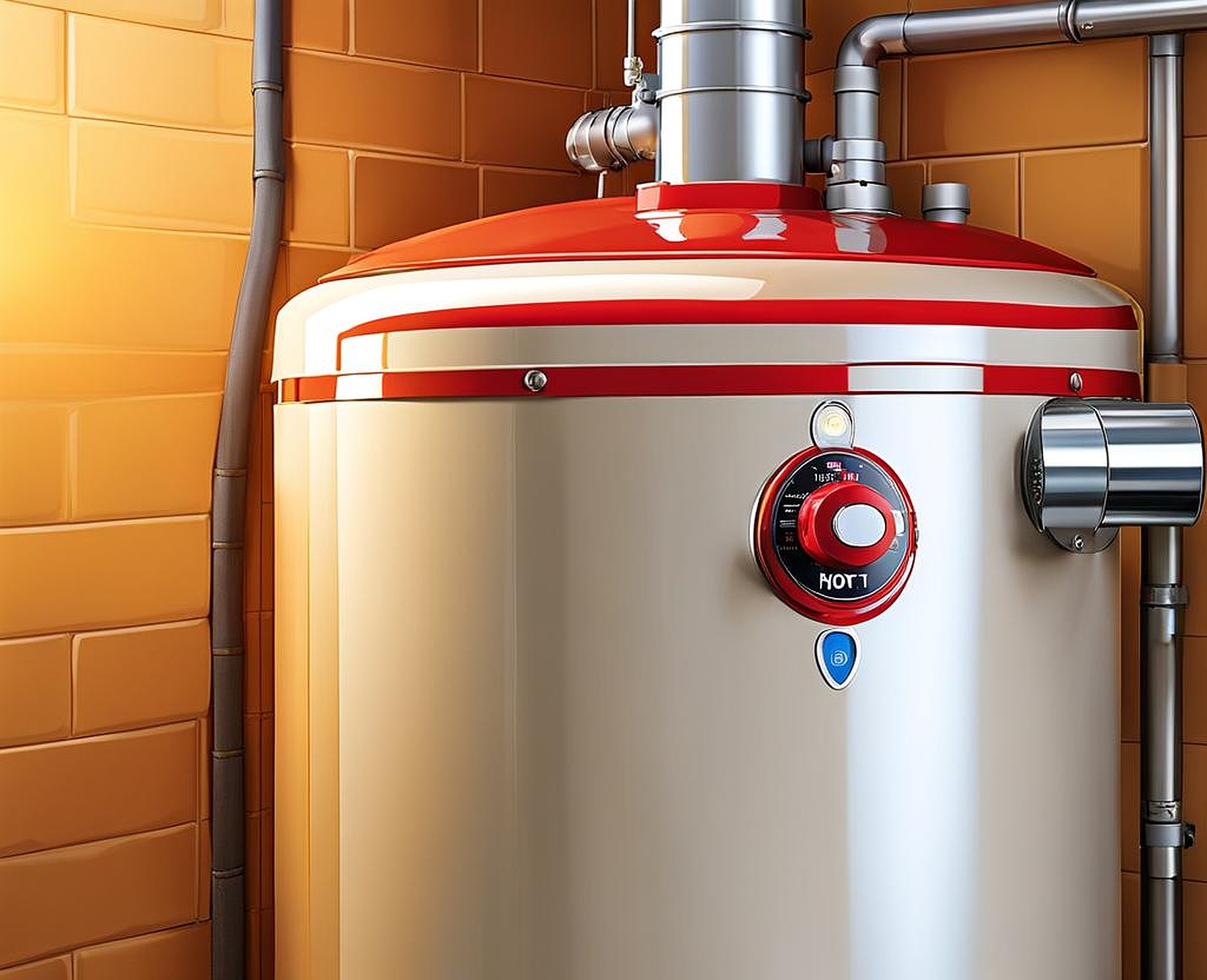Dealing with a leaking hot water heater overflow pipe can be a frustrating and potentially costly issue. This problem not only wastes water but can also lead to structural damage if left unaddressed. The main keyword “hot water heater leaking from overflow pipe” indicates a situation where water is escaping from the overflow pipe connected to your water heater. Understanding the common causes and solutions is crucial for homeowners to tackle this problem effectively.
Common Causes of Hot Water Heater Overflow Pipe Leaks
Hot water heater overflow pipe leaks can arise from various reasons, and identifying the root cause is essential for proper repair. One of the primary causes is excessive pressure buildup in the tank, which can occur due to a faulty temperature and pressure relief valve or a malfunctioning expansion tank. Sediment buildup in the tank can also contribute to leaks by restricting water flow and increasing pressure.
Corrosion and aging of tank components are other common culprits. Over time, the inner lining of the tank can wear down, leading to rust and eventual leaks. Improper installation or lack of maintenance can exacerbate these issues, as water heaters require periodic flushing and inspection to maintain optimal performance.
Identifying the Source of the Overflow Pipe Leak
Before attempting any repairs, it’s crucial to pinpoint the exact source of the overflow pipe leak. Visual inspection is often the first step, as water stains or pooling around the water heater can indicate a leak. If you notice water dripping from the overflow pipe or the temperature and pressure relief valve, it’s a clear sign of a problem.
Checking the temperature and pressure relief valve is another important diagnostic step. This valve is designed to release excess pressure from the tank, but if it’s stuck or faulty, it can cause leaks. You can also inspect the tank itself for signs of corrosion or damage, which may require professional assistance for a thorough evaluation.

Flushing the tank can help remove sediment buildup, which can sometimes resolve the issue. However, if the leak persists, it may be necessary to hire a professional leak detection service that utilizes advanced techniques like acoustic or infrared imaging to pinpoint the source accurately.
Repairing a Leaking Overflow Pipe
Once the cause of the overflow pipe leak has been identified, several repair options are available. If the temperature and pressure relief valve is the culprit, replacing it with a new one is often the solution. This is a relatively straightforward task that can be performed as part of your regular water heater maintenance routine.
If sediment buildup is causing the leak, flushing and cleaning the tank can help resolve the issue. This process involves draining the tank and removing accumulated debris, which can restore proper water flow and reduce pressure buildup. In cases where corrosion or tank damage is the root cause, replacing the water heater may be the most cost-effective option, especially if the unit is nearing the end of its lifespan.
For leaks originating from damaged pipes, repairing or replacing the affected sections may be necessary. This can involve cutting out corroded sections and installing new pipes, or using specialized leak repair techniques like epoxy lining or pipe relining. The costs associated with overflow pipe leak repairs can vary depending on the extent of the damage and the specific repair method required.
While repairing a leaking overflow pipe is essential, taking preventative measures can save you from future headaches and expenses. Regular maintenance and inspection of your water heater are crucial for detecting potential issues before they escalate. This includes flushing the tank annually to remove sediment buildup and checking for signs of corrosion or wear.
Installing a water heater expansion tank can also help prevent overflow pipe leaks by absorbing excess pressure in the system. These tanks act as a buffer, allowing water to expand without putting undue strain on the water heater itself.
Monitoring water pressure and temperature is another preventative measure. Excessive pressure or temperature can accelerate wear and tear on your water heater, increasing the risk of leaks. If you notice any abnormalities, it’s best to address them promptly before they lead to more significant problems.
Finally, considering leak prevention methods and services can provide an extra layer of protection. These may include professional leak detection and repair services, as well as specialized products designed to inhibit corrosion and extend the lifespan of your water heater components.
By addressing overflow pipe leaks promptly and implementing preventative measures, homeowners can minimize the risk of water damage, reduce repair costs, and enjoy a reliable and efficient hot water supply.